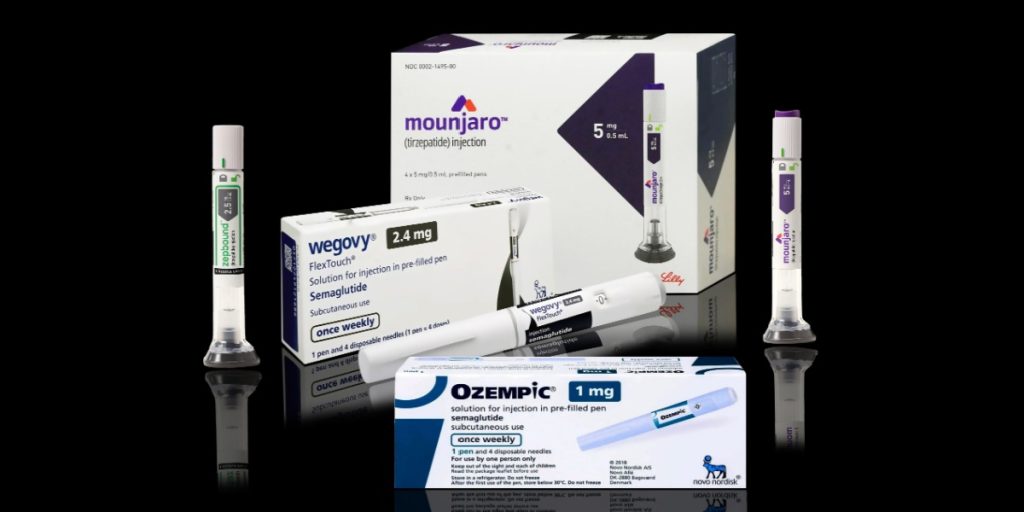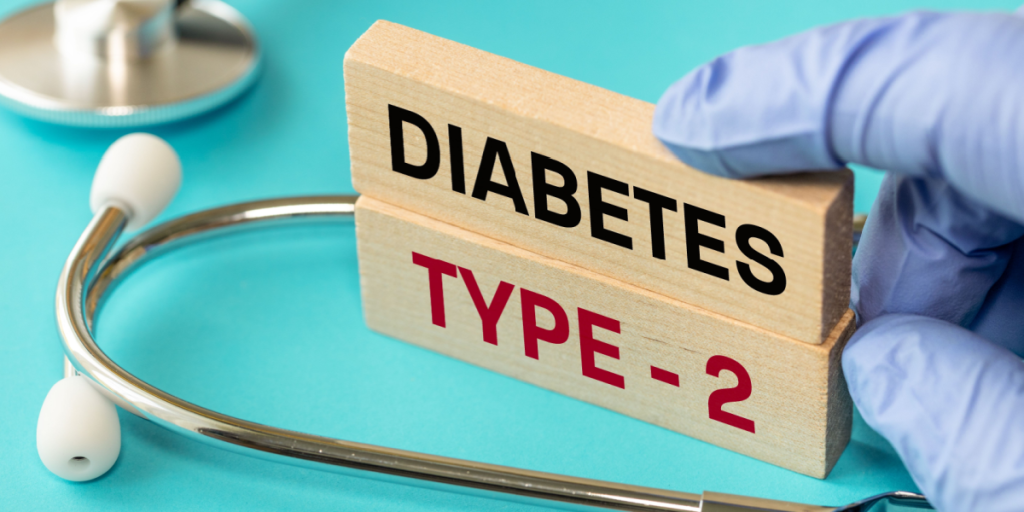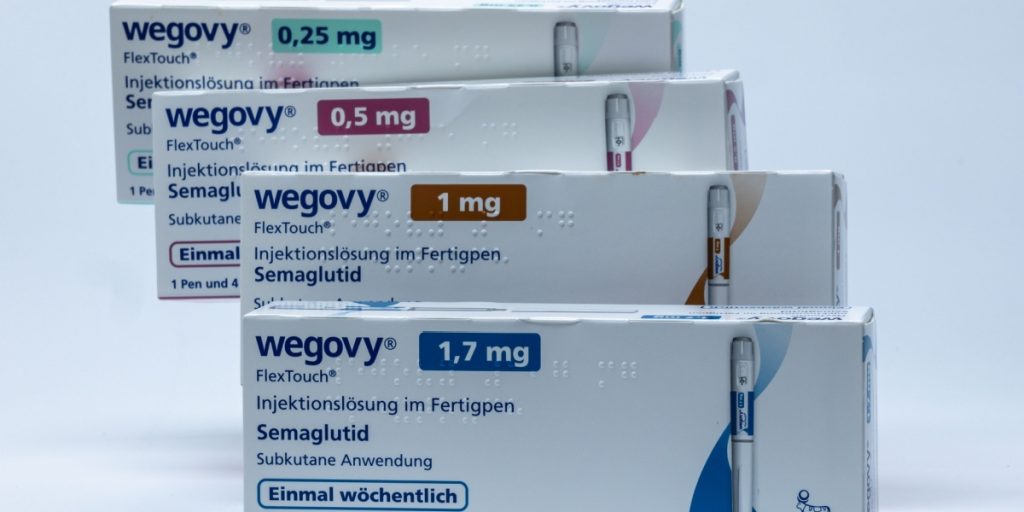The drugs could be offering “neuroprotective and cerebrovascular benefits,” helping preserve brain function and reduce the likelihood of strokes, particularly in those with existing metabolic conditions.
Others are reading now
New research points to a surprising link between weight-loss medications and a reduced risk of dementia and strokes.
GLP-1 agonist drugs, including Wegovy and Mounjaro, may offer protective benefits for people with type 2 diabetes and obesity beyond just helping them lose weight.
Massive Global Study Tracks 60,000 Participants

The study, published in JAMA Network Open, involved 60,000 adults from around the world. Participants had an average age of 58 and were living with type 2 diabetes and obesity.
Half were treated with GLP-1 drugs, while the others received standard diabetes medications. Over seven years, dementia risk dropped by 37% and stroke risk by 19% in the GLP-1 group.
A Potential Breakthrough in Brain and Vascular Health

Researchers believe the results suggest more than improved blood sugar control.
Also read
The drugs could be offering “neuroprotective and cerebrovascular benefits,” helping preserve brain function and reduce the likelihood of strokes, particularly in those with existing metabolic conditions.
Medical Experts Urge a Careful Interpretation

Though promising, scientists caution that the findings don’t prove causation. Professor Tara Spires-Jones from the University of Edinburgh highlighted that better diabetes and obesity management itself might reduce dementia risk, regardless of the drugs.
More rigorous clinical trials are needed to confirm a direct protective effect.
What Links Diabetes to Dementia?

Type 2 diabetes is already known to increase the risk of cognitive decline. High blood pressure, obesity, and cholesterol all common among diabetics are also major dementia risk factors.
Some brain changes seen in Alzheimer’s disease, such as insulin resistance in nerve cells, are also found in people with diabetes.
Also read
Weight-Loss Drugs Like Wegovy and Ozempic Continue to Rise

Drugs like Wegovy and Zepbound are FDA-approved for weight loss, while Ozempic is authorized for type 2 diabetes but often used off-label.
Around 1.5 million people are believed to use these injectable treatments to manage weight, appetite, and increasingly, other health conditions.
Scientists Hope to Test These Drugs in Broader Groups

The next step, experts say, is to investigate whether these drugs offer similar benefits to people without diabetes or obesity.
If proven, it could significantly widen the use of GLP-1 medications from a niche treatment to a key tool in preventing age-related cognitive decline.
A Promising Future, With Questions Still to Answer

The findings open the door to new ways of tackling both obesity and neurological disease, but plenty of unknowns remain.
Also read
Long-term impacts, side effects, and the drugs’ effectiveness in different populations all need deeper study before weight-loss jabs can be recommended for brain health alone.


